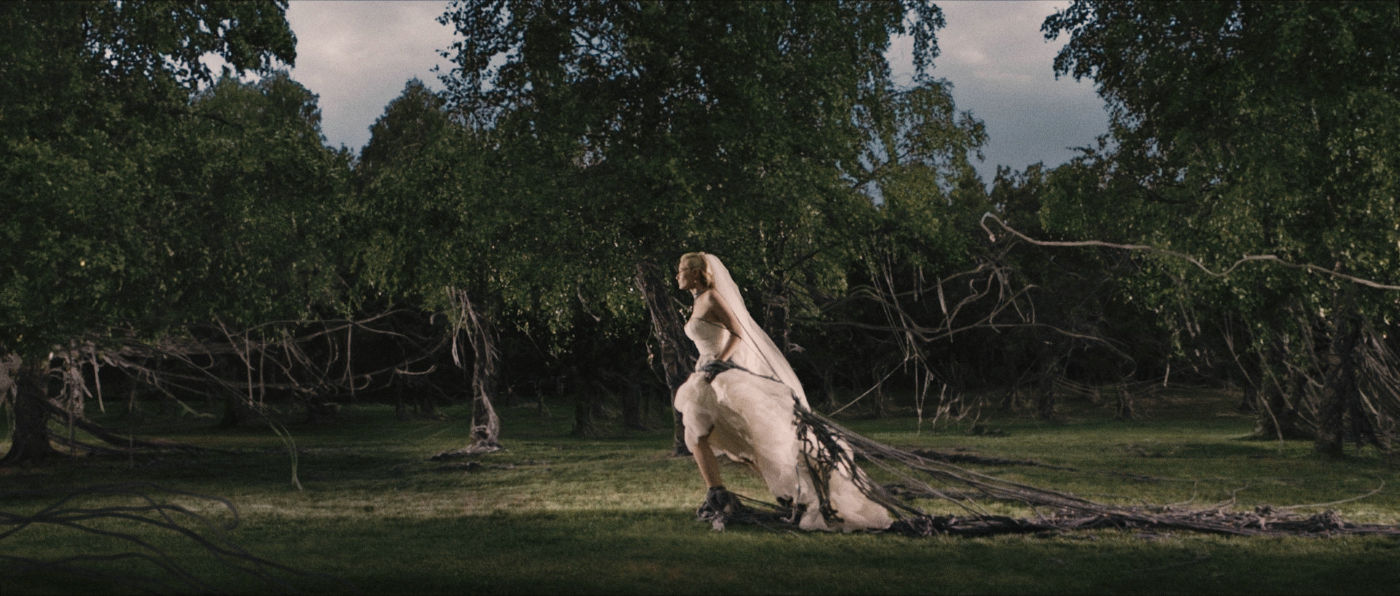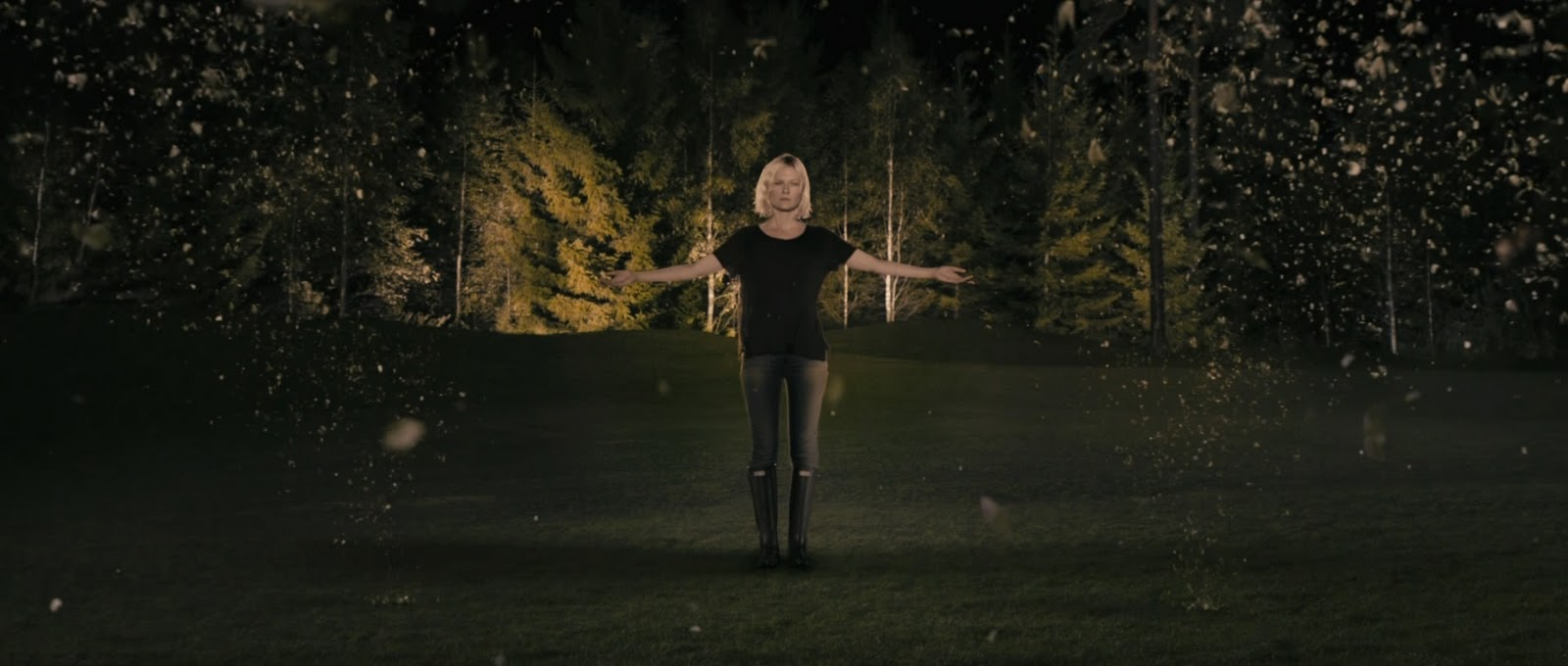Imagine you’re eating an ice cream. You tell yourself that you will only have a lick after you have felt a moment of true happiness. The happiness never comes—and the ice cream also melts.
The ice cream is the world quite literally. It’s melting. We have no time to think the right thoughts about it. We just have to save it. Objects are beginning to compel us, from outside the wall. The objects we ignored for centuries, the objects we created in the process of ignoring other ones: plutonium, global warming. I call them hyperobjects. Hyperobjects are real objects that are massively distributed in time and space. Good examples would be global warming and nuclear radiation. Hyperobjects are so vast, so long lasting, that they defy human time and spatial scales. They wouldn’t fit in a landscape painting. They could never put you in the right mood.
If we’re going to think beyond the modern period, beyond the era of philosophy, society and ecology in which we have been stuck for about two hundred years, then we will have to let go of the idea of landscape as a picture in a frame, even if the picture is liquid and motile, like a movie. Why? The problem is the notion of the frame, and the distance the viewer has to assume for the landscape to appear as such. Because of this distance, the landscape embodies a subjective (whatever word works best for you here, “spiritual,” “ideological,” whatever) state. The picture is about the attitude you must assume to look at the picture. It’s less about land, then, and more about scape. We talk about the mood of a landscape, the feeling it evokes in us. How ironic that this kind of aesthetic distancing, so woven into our social and cultural practices, not to mention actually existing structures and designs, was part of the modernity that summoned the hideous saviors, the hyperobjects, into our social, psychic and ecological space. After all, it’s our supposed need for rolling hills and pastoral scenes that encourages us to fend off developers wanting to install wind farms to wean us off the oil that runs invisibly in pipes beneath the landscape.
The idea that landscape is about instilling an attitude presents us with a major problem. It’s a profound form of idealism. Materialism, in all its varieties, just hasn’t been powerful enough to break through the idealist tendencies of the last two centuries, perhaps because it’s hell bent on reducing objects to their relations. Idealism: it’s all about the subject. It’s all about me. What kind of an ecological view is that? To have a truly ecological view we must exit from this idea of landscape, based on a first – or third- person perspective, and instead look for a zero-person perspective, as absurd as this sounds from a traditional modernist point of view. We could at least allow other entities, sentient and non-sentient, to talk to us.
“If I can just get the attitude right, maybe I can change the world.” By the time you find you can’t get the right attitude, the world has changed already.
Timothy Morton, Zero Landscapes in the Time of Hyperobjects (2011)
A total overthrow, however useless, a revolution without faith is all we can still hope for from a period in which no one is sufficiently honest to be a true revolutionary. When, tormented by the frenzy of the intellect, we give ourselves up to that of chaos, we react like a madman in possession of his faculties, a lunatic superior to his lunacy, or like a god who, in a fit of lucid rage, delights in pulverizing his work and his being. Our dreams of the future are henceforth inseparable from our fears. Utopian literature, at its beginnings, rebelled against the Middle Ages, against the high esteem in which they held Hell and against the taste they professed for doomsday visions. It seems as if the reassuring systems of a Campanella or a More were conceived with the sole purpose of discrediting the hallucinations of a Saint Hildegarde. Today, reconciled with the terrible, we are seeing a contamination of utopia by apocalypse: the heralded “new earth” increasingly assumes the aspect of a new Hell. But this Hell is one we are waiting for, we even make it a duty to precipitate its advent. The two genres, utopian and apocalyptic, which once seemed so dissimilar to us, interpenetrate, rub off on each other, to form a third, wonderfully apt to reflect the kind of reality that threatens us and to which we shall nonetheless assent with a correct and disabused yes. That will be our way of being irreproachable in the face of fatality.
E. M. Cioran. History and Utopia (1960)






Lars von Trier, Melancholia (2011)






